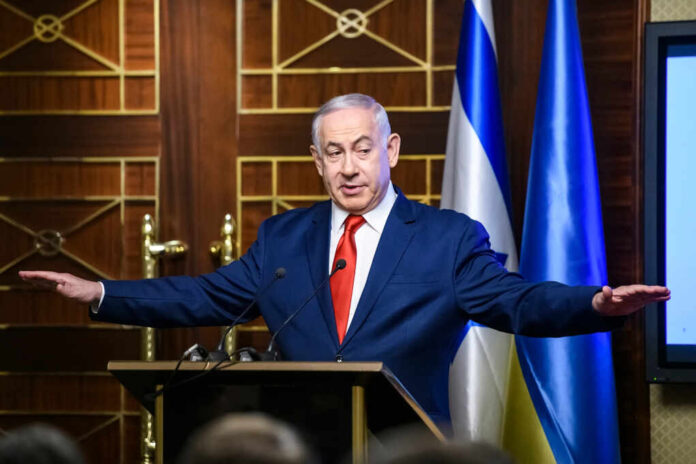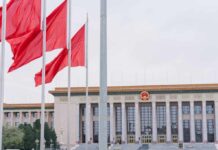
In a swirling diplomatic storm, twenty Israeli hostages’ lives hang in the balance, demanding global attention as nations converge in high-stakes mediation efforts.
At a Glance
- Twenty Israeli hostages are confirmed alive in Gaza.
- Mediation efforts involve Egypt, Qatar, and U.S. Special Envoy Steve Witkoff.
- Edan Alexander, an Israeli-American soldier, was recently released.
- Protests in Tel Aviv demand the release of all hostages.
Complex Diplomatic Negotiations
Prime Minister Benjamin Netanyahu confirmed that twenty Israeli hostages are alive, hidden within Gaza’s tumultuous confines by Hamas. Efforts to negotiate their release have been fervently pursued, with Egypt and Qatar leading diplomatic talks. The international dimension of these efforts was emphasized by the involvement of U.S. Special Envoy Steve Witkoff. The recent release of Edan Alexander highlighted the intricate and fragile nuances of these negotiations.
In Tel Aviv, discontent echoed through protests, as citizens criticized the Israeli government and Netanyahu. The urgency of resolving this humanitarian crisis is palpable across multiple fronts, as nearly sixty hostages are believed to remain in Gaza amid an atmosphere teeming with tensions and uncertainties. Netanyahu’s consistent assertion that no war aims will be abandoned underscores Israel’s resolve in ensuring the safe return of these hostages, irrespective of the daunting odds.
Behind the Scenes of Hostage Release
The complex tapestry of diplomacy can be seen in the behind-the-scenes actions critical for securing Edan Alexander’s freedom from Hamas. The collaboration among nations and their representatives was instrumental, although not without controversy regarding Netanyahu’s role. Despite gratitude expressed by Alexander’s family towards many contributors, Netanyahu remained noticeably unacknowledged in their public statements. Meanwhile, Witkoff attributed this success to potential Prime Ministerial intervention.
“We’re making all efforts, including today, to bring about the release of all our hostages and to achieve our war aims. We’re not giving up on a single one.” – Prime Minister Benjamin Netanyahu.
Amidst ongoing tensions, Israeli officials argue military pressure is vital to facilitate the desired outcomes. Netanyahu’s reoccupation comments further fueled debates, underscoring the complexity of the situation where diplomatic pursuits intertwine with defense strategy. Differing approaches between President Trump, emphasizing anti-war deals, and Netanyahu’s military-centric strategies unveil the multifaceted natures involved in these international dialogues.
Strained Alliances and Global Implications
While multilateral mediation persists, Shared interests and strained alliances shape the prospects of resolution. The ongoing U.S. measures to resupply Gaza through private contractors underscore the pressing humanitarian needs We witness complex decision-making directly influencing the panned-out strategies embraced by global powers. Yet, cause-for-concern reverberations over reoccupying Gaza remain evident as Israeli officials voice apprehensions towards further ambiguities in Netanyahu’s plans.
“Things have changed. A decision has been made to go all the way. We will conquer Gaza and our security control there will be permanent.” – Benjamin Netanyahu.
The gravity of Netanyahu’s intentions juxtaposed against the backdrop of global endeavors unfolds a tense narrative marked by indeterminate pathways through which the lingering journey for the freedom of hostages unravels. The stakes remain high, with each diplomatic stroke contributing to a broader-scale resolution as nations strive together amid intense negotiations.


























